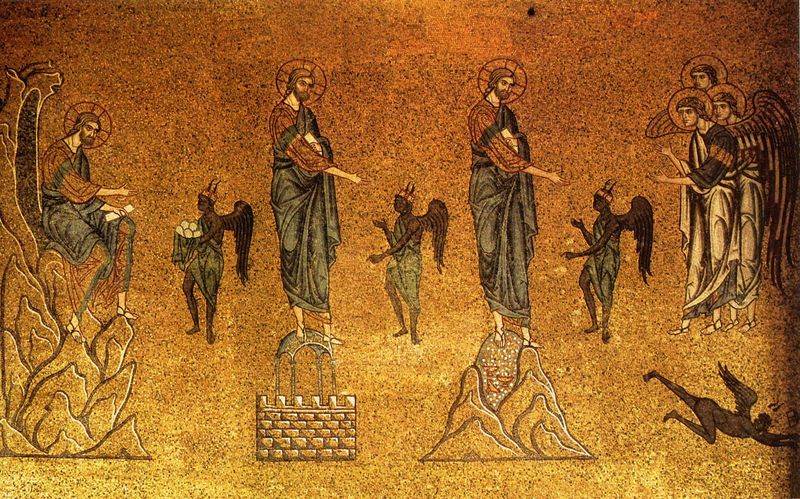And here I think the work of Thomas Keating is very helpful here. Keating, a Trappist monk and co founder and architect of the Centering Prayer movement, articulates a rich understanding of the psychological experience of contemplative prayer and transformation. And he describes these three “energy centres” that also parallel the Enneagram. The Enneagram is an ancient tool of personality archetypes (such as Meyers-Briggs or the Disc). But what I love about the Enneagram is that is doesn’t put you in a box. Rather, it puts you on a path. The Enneagram is a wonderful tool that really helps you find a growth path for inner transformation, as it describes your immature states and inclinations toward sin as well as your path towards growth and ultimately towards Christ.
Keating defines our three predominant needs: the need for power and control, the need for affection and esteem, and the need for security. Keating suggests that through frustrations of not having these needs met when we are young, these needs become the formative narrative, or hidden motivations in our search for happiness. Bubbling away behind our actions and conscious desires, directing us whether we realize it or not. If they are allowed to grow unchecked, they come to dominate our operating awareness. They are at the root of sin: they are what keep us from living into the deeper truth of who we are, as children of God.
So in the midst of wilderness, disruption and anxiety, how do we ground ourselves deeply in the love of God and hear God's voice of affirmation? How do we find the peace and shalom that Jesus offers rather than bowing down to our primal needs for self-gratification, security, power and control? How do we trust that God will meet every need. That God will sustain us. I hope that as you meditate this week on Jesus' invitation to you and practices that ground you in God's reality, that you will find peace. Solid rock underneath your feet.
by Jessica

 RSS Feed
RSS Feed
